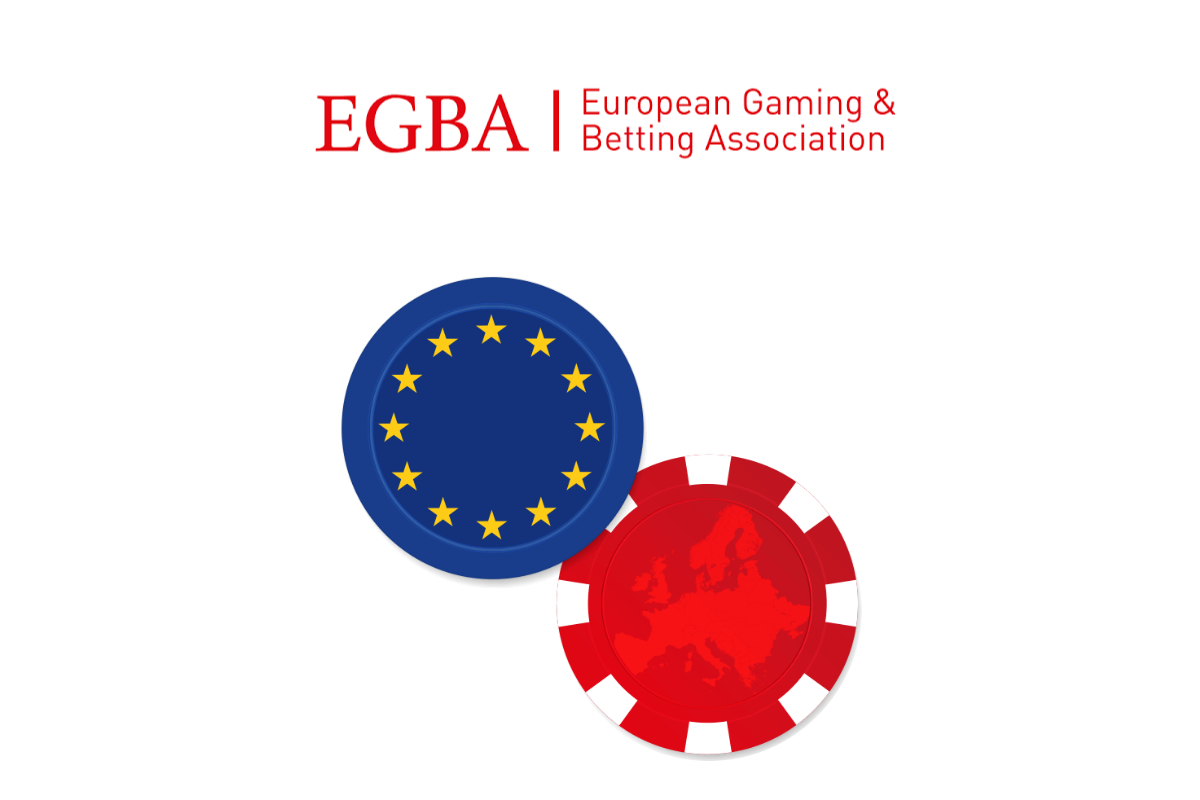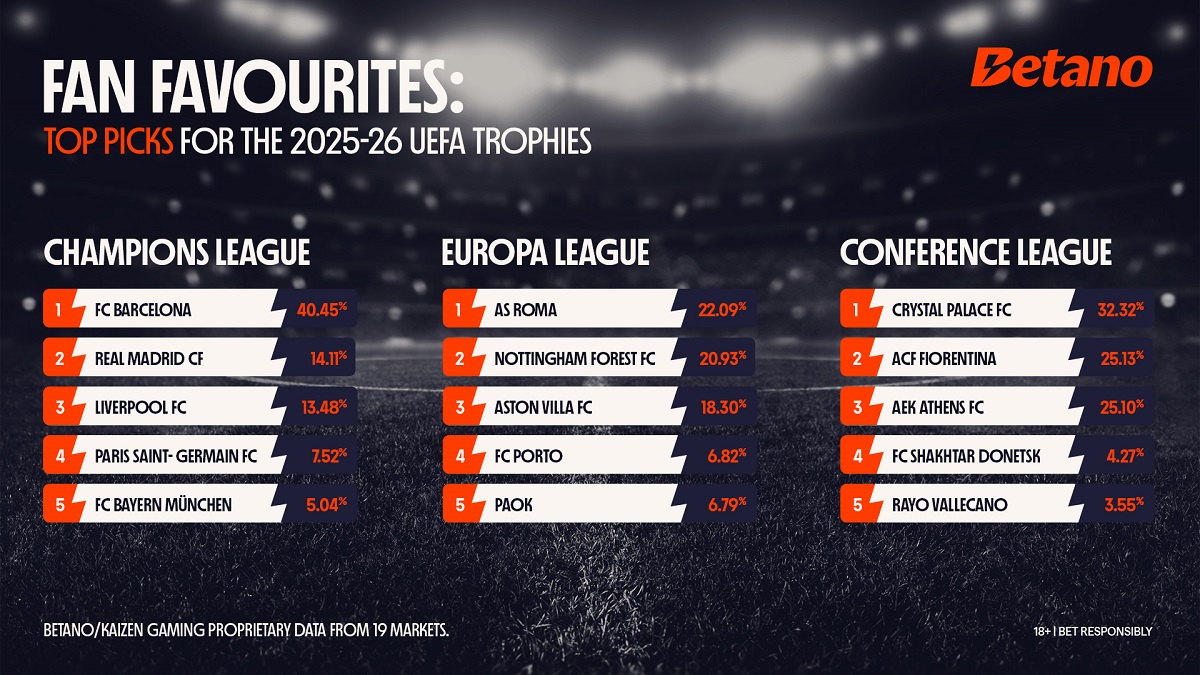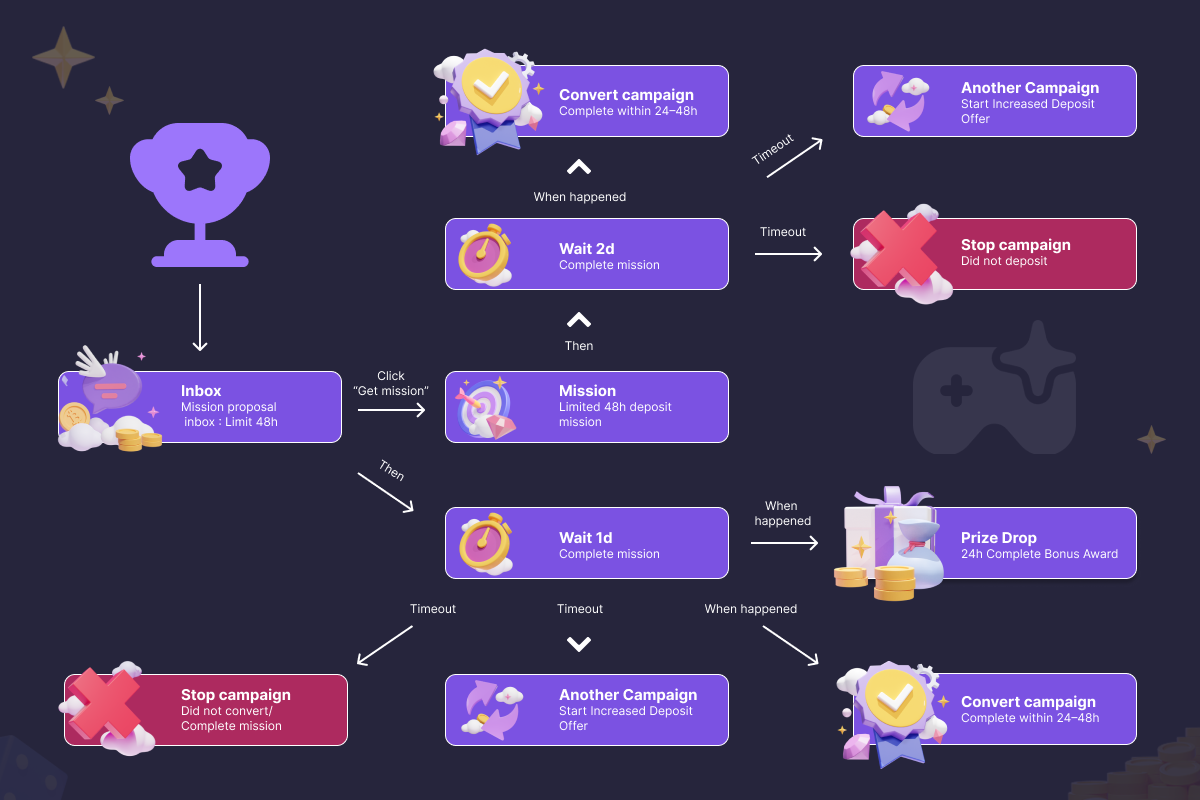Compliance Updates
EGBA Pitches ‘Online Gambling 2.0’ To European Commission

The European Commission’s guidelines on consumer protection for online gambling have failed to achieve their primary objective and should be replaced with new attempts at harmonisation, the European Gaming and Betting Association (EGBA) has told European lawmakers.
Commission Recommendation 2014/478/EU was designed to establish a high bar of minimum consumer protection standards across Europe. However, varying national interests and the recommendation’s voluntary nature have seen it unable to achieve its primary aim, said researcher Dr Margaret Carran and the EGBA at an event held at the European Parliament on Tuesday.
The trade group said it wants to encourage a “high level of consumer protection” across Europe and see national gambling authorities provided with a “coherent cooperation framework”, something it believes the commission’s recommendation has failed to achieve.
Other aims include having the compliance of national gambling regulations with EU law “fully enforced” and for regulated online operators to be able to offer their services “without undue administrative burdens”.
The European Commission controversially announced in December 2017 that it was dropping all online gambling enforcement cases, leaving key decisions about compliance with EU law to the national courts.
As of now, the EGBA is calling on the commission to “urgently” review the implementation of its recommendation, according to a manifesto entitled “An EU framework for Online Gambling 2.0″.
“If we think they [the European Commission] wanted to achieve harmonisation, the recommendation has not done so. State-to-state regulations are extremely divergent. Even if regulation appears to be similar, in detail they are still very different,” said Carran.
She added that although the recommendation has produced some positive results, it has been unsuccessful in its “nudges” to encourage member states to enforce it.
Discussing the report with GamblingCompliance, Carran said: “This issue of inconsistency must be highlighted for both the consumer and operators.
“As of now there is no consensus on what the regulatory balance should be. Some countries might see enforcement issues such as advertising as beneficial to their state, but others do not.”
“There are various issues in creating a European consensus, but this is what is required in order to create consistent regulation across gambling markets,” she said.
Despite the recommendation being voluntary, Belgium went so far as to launch a legal challenge to block it, highlighting the difficulty of establishing any regulations that would be enforceable across the EU.
However, as recently as last month, Belgian Gaming Commission director Peter Naessens was chosen as the head of a CEN standardisation project that would introduce similar voluntary guidelines for online gambling reporting.
The project is seen by the EGBA and other trade groups as another method of pushing the European Commission towards harmonisation, with an eye towards European elections and a new commission next year.
However, Carran said she does not believe that “voluntarily there is any chance” of achieving continental consistency in online gambling regulation.
As it stands, consumer protection still varies greatly from state to state in Europe. Even fundamental issues such as minimum gambling age have not yet been agreed across the continent.
“We are experiencing a digital revolution. Online gaming companies have extra responsibility for players and consumers, especially for the population of problem gamblers,” said Jesper Kärrbrink, the CEO of Mr Green, also speaking at the event in Brussels.
“We need corporate leadership and regulations that reflect the digital world we are living in. We are one of the few industries that are asking for more regulation, our customers should have more protection than other consumers. This is not the case today,” he said.
Maris Bonello, head of player sustainability, research and integrity for Kindred Group, echoed Karrbrink’s sentiment, claiming a “practical level playing field for online gambling regulation is needed”.
The call for more regulation did not go unheard, garnering a response from European commissioner for justice Vera Jourova.
“It’s not very often to hear we want more regulation, but we have to do smart and proportionate regulation. We do not want to over regulate. But, online must not become a jungle,” said Jourova.
However, she was reluctant to commit to the introduction of additional European online gambling regulation, instead insisting that countries should simply apply existing laws, as the “rules are still relevant”.
-

 eSports5 hours ago
eSports5 hours agoTEAM VITALITY AND PARIS SAINT-GERMAIN ESPORTS ANNOUNCE EA FC COLLABORATION
-

 Asia7 days ago
Asia7 days agoTesla to showcase Model Y with NODWIN Gaming at the thrilling BGMS Season 4 Grand Finals
-

 Compliance Updates7 days ago
Compliance Updates7 days agoSOFTSWISS Compliance Expert Shares Knowledge on AML in iGaming for Sumsub Academy
-

 Africa7 days ago
Africa7 days agoRacing1 is exhibiting for the first time at the Grand Prix D’Afrique
-

 Latest News7 days ago
Latest News7 days agoÅland-Based Gaming Company Paf Becomes Main Partner of the Finnish Ski Association – One of the Most Significant Sponsorship Agreements in the Association’s History
-

 Latest News7 days ago
Latest News7 days agoAnimo Studios debuts virtual hosts for live table games starting with Stake
-

 Latest News7 days ago
Latest News7 days agoKaizen Gaming data – FC Barcelona the fan favourite to win the Champions League
-

 Latest News6 days ago
Latest News6 days agoWeek 37/2025 slot games releases



















